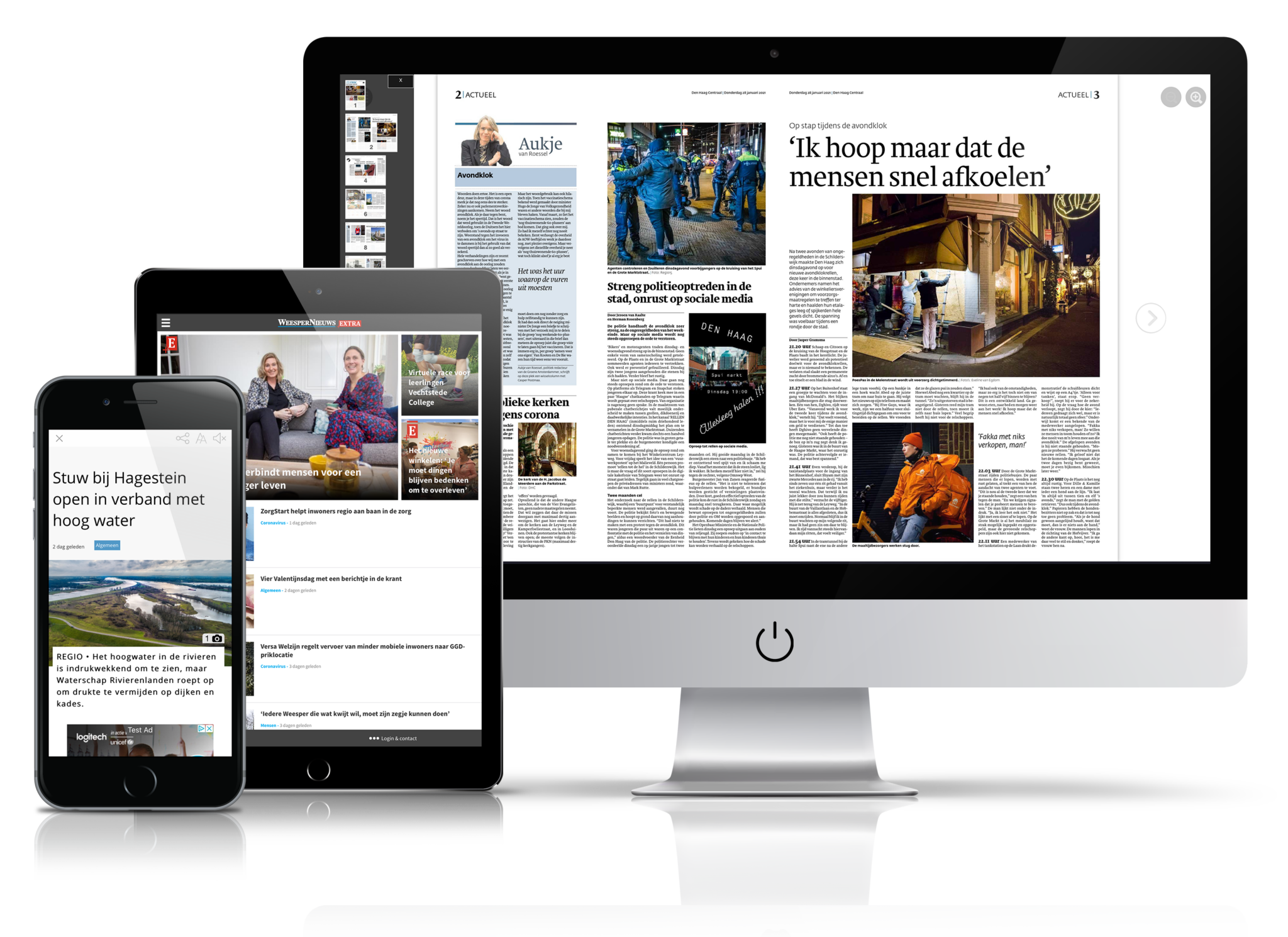News Websites Fundamentals Explained
News Websites Fundamentals Explained
Blog Article
News Websites for Dummies
Table of ContentsAbout News WebsitesThe Of News WebsitesNews Websites Things To Know Before You BuyNews Websites - QuestionsThe 8-Minute Rule for News Websites
It was down in the UK and Brazil yet up some other nations, such as Greece, Bulgaria, and Poland (News Websites). This year, for the very first time, we inquired about the various manner ins which people avoid the information and located that around half of avoiders (53%) were attempting to do so in a broad-brush or regular method for example, by shutting off the radio when the information came on, or by scrolling past the news in social media sitesYou claimed that you try to actively stay clear of information.

I'm most likely choosing to find out more light-hearted tales than I made use of to at the moment. M, 51, UK Switching my back on information is the only way I feel I can cope occasionally. I have to consciously make the effort to transform away for the sake of my own mental health and wellness.
News Websites Things To Know Before You Buy
Careful avoidance of Ukraine information was highest possible in much of the nations closest to the conflict, enhancing findings from our extra study in 2014, right after the battle had actually begun. Our data might not recommend an absence of rate of interest in Ukraine from nearby countries but rather a wish to manage time or safeguard mental wellness from the really actual scaries of war.
Comparing Finland with a politically polarised nation such as the USA (see next graph) that is less affected by the battle, we discover an extremely various pattern of topic avoidance. In the United States, we locate that consumers are most likely to avoid topics such as nationwide politics and social justice, where discussions over concerns such as sex, sexuality, and race have actually come to be very politicised.
American politics are rather harmful these days. I locate in some cases that I need to separate from tales that simply make me angry. F, 61, United States For some people, bitter and disruptive political discussions are a reason to switch off news altogether, but for some political partisans, avoidance is often about blocking out viewpoints you don't desire to hear.

The 45-Second Trick For News Websites
Some are looking to make news more obtainable for hard-to-reach groups, expanding the information agenda, commissioning even more inspiring or positive news, or embracing useful or remedies journalism that offer people a sense of hope or individual agency. In our study this year, we asked respondents about their passion in these different strategies.
This describes why stories like Ukraine or national politics do well with news regulars however can at the exact same time turn less interested customers away (News Websites). Selective avoiders are less interested in all types of information than non-avoiders however in family member terms they do seem to be more interested in favorable or solutions-based news

The Buzz on News Websites
2023). This might hold true in the moment, but in time it seems to be leaving lots of people empty and much less pleased, which may be threatening our link with and trust in the information. Across markets, overall count on information (40%) and rely on the resources people utilize themselves (46%) are down by an additionally 2 percent points this year.
Via the rear-view mirror, the COVID-19 count on bump is plainly noticeable in the adhering to graph, though the direction of travel later on has been blended. Sometimes (e.g. Finland), the depend on increase has actually been preserved, while in others the upturn looks more like a spot in a story of ongoing long-term decrease.
A few of the highest reported degrees of media criticism are found in nations with highest degree of mistrust, such as Greece, the Philippines, the USA, France, and the UK. The most affordable levels of media criticism frequent those with higher degrees of trust, such as Finland, Norway, Denmark, and Japan.
News Websites Fundamentals Explained
This year we asked participants about their choices for text, sound and video clip when eating information online. Typically, we discover that the bulk still favor to review the information (57%), as opposed to watch (30%) check out this site or pay attention to it (13%), however more youthful individuals (under-35s) are more likely to listen (17%) than older groups.
Behind the standards we discover significant and unusual nation distinctions. In markets with a strong analysis practice, such as Finland and the United Kingdom, around eight in 10 still favor to check out on the internet information, but in India and Thailand, around four in 10 (40%) claim they favor to see information online, and in the Philippines that percentage mores than fifty percent (52%).
Report this page